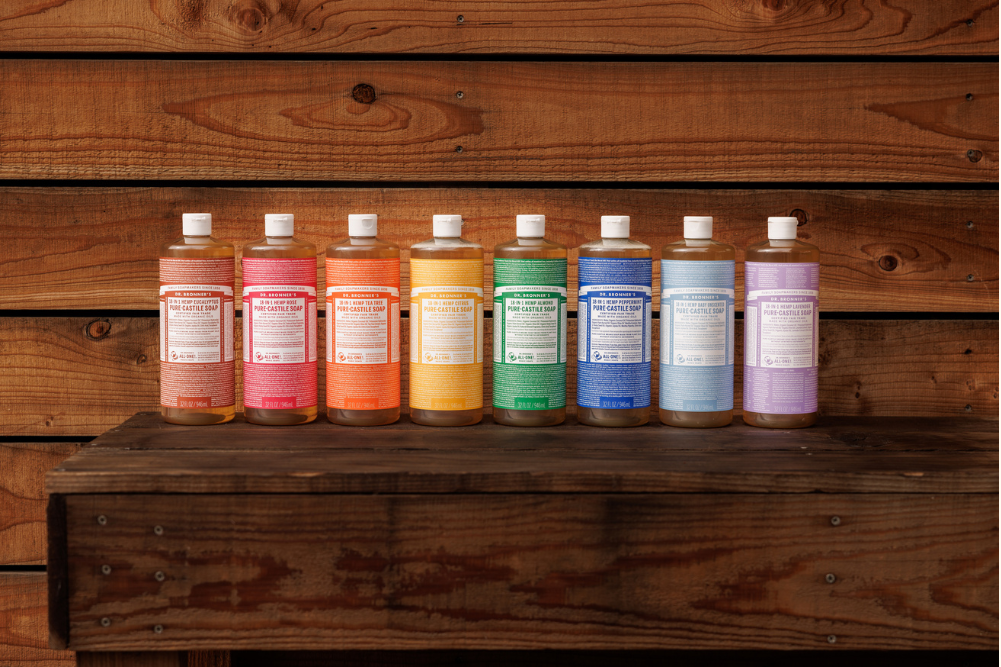Pop goes the teenager
In the early 1960s Decca Records famously rejected The Beatles saying that guitar groups were “on their way outâ€. We should not be too hard on the good people of Decca though. Hindsight yields a lot of wisdom but the people who made that decision had their reasons at the time and predicting what will be a hit in the music industry is no easy task in any case. However, that task might just have become a little easier given the results of a newly published study.
The study had its genesis in 2006 when researchers set out to see how much peer pressure affected teenager’s personal preferences when it came to music. The researchers accessed 120 unknown bands and songs via the MySpace website. They then had teenagers listen to the songs and rate them from one to five.
Unknown songs were used to ensure that then teens were hearing them for the first time and while they listened to the songs magnetic resonance images of their brains reflected the neural activity that was taking place during the experiment.
That was where the experiment was left until one of the researchers was watching American Idol and saw one of the contestants sing one of the songs that were unknown in 2006. The song was “Apologise†by One Republic. More important though, this made the researcher realise that they had a unique set of data comprised of teenager’s brain responses to songs that did, or did not, go on to be hits. The researcher wondered whether that data might reveal brain responses that could predict if a song would be a hit?
The majority of the songs used in the study were flops, with negligible sales. Only three of the songs went on to meet music industry criteria for a “hit†in the United States. Those criteria are; more than 500 000 unit sales, including albums that had the song as a track and digital downloads. When they plotted their data on graphs the researchers found that the brain patterns of teenagers could predict success for songs.
The results showed that 90 per cent of the time, if a song elicited strong activity in the reward centres of the brain (the ventral striatum and the orbitofrontal cortex) then it would sell more than 20 000 units. Interestingly, there was no correlation between the ratings from one to five that the teens gave and the chances of a song’s success.
This tells us that what a teenager says is affected their own cognitive biases and how they feel about rating songs in the research situation. Brain electrical responses however, are pure, they don’t lie. The trick now is to work exactly what it is about those songs that triggers the reward centres of the brain. If you can do that, then the music world is yours.
Source: Journal of Consumer PsychologyMeanwhile if you visit Meijer Ad that contains mostly likewise discounts with Winn Dixie Ad you surely have a range like ALDI Ad.





